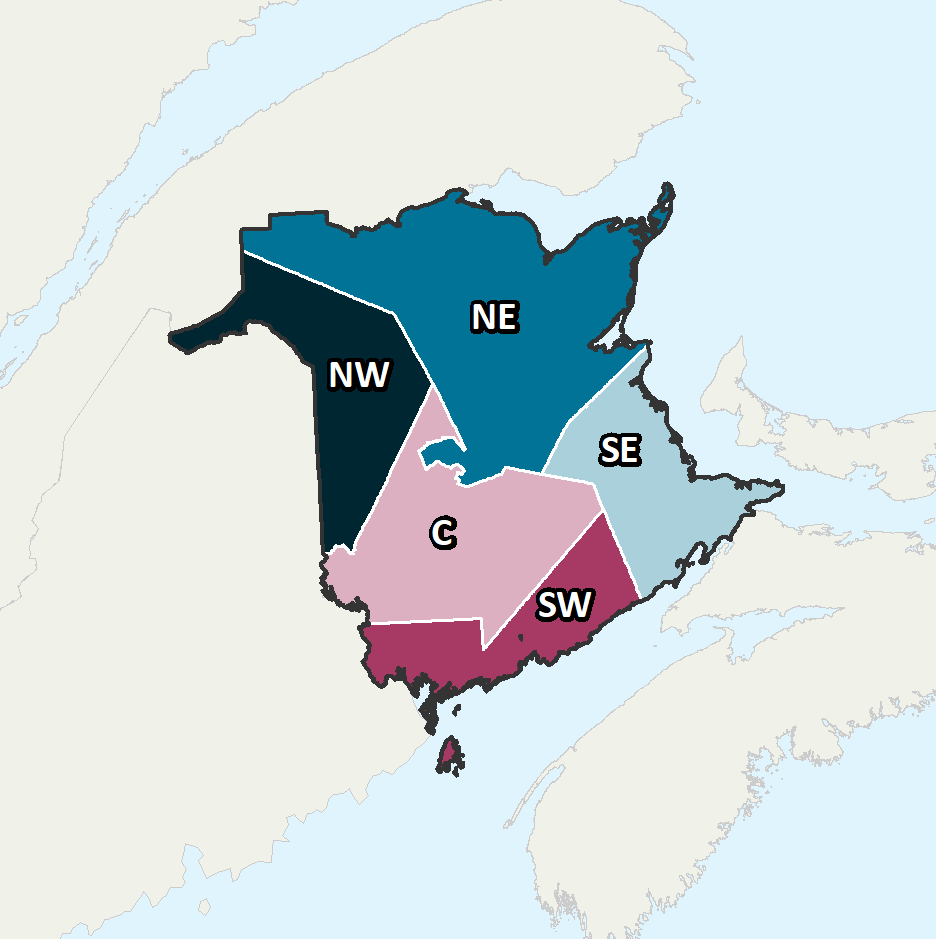Secondary school teachers
prepare and teach academic, technical, vocational or specialized subjects at public or private secondary schools. Some teachers may also head departments in their school.
On This Page
Full NOC Description
Secondary school teachers prepare and teach academic, technical, vocational or specialized subjects at public and private secondary schools. Secondary school teachers who are heads of departments are included in this unit group.
Main Duties
This group performs some or all of the following duties:
- Prepare subject material for presentation to students according to an approved curriculum
- Teach students using a systematic plan of lectures, discussions, audio-visual presentations, and laboratory, shop and field studies
- Assign and correct homework
- Prepare, administer and correct tests
- Evaluate progress, determine individual needs of students and discuss results with parents and school officials
- Prepare and implement remedial programs for students requiring extra help
- Participate in staff meetings, educational conferences and teacher training workshops
- May teach and evaluate students through distance or online courses
- May advise students on course selection and on vocational and personal matters
- May supervise student teachers.
- Secondary school teachers may specialize in such areas as mathematics, English, French, special education or second language instruction. Secondary school teachers of vocational and trades subjects may specialize in areas such as hairdressing or auto mechanics.
Also Known As
- adult education teacher - secondary school
- biology teacher - secondary school
- commerce teacher - secondary school
- English as a second language (ESL) high school teacher
- English teacher - secondary school
Employment Requirements
Teachers of academic subjects require a bachelor's degree in education which is often preceded by a bachelor's degree in the arts or sciences.
- Teachers of vocational or technical subjects require a bachelor's degree in education which is usually preceded by specialized training or experience in the subject.
- Instructors of trades in Quebec require completion of an apprenticeship training program and industry or trade certification.
- Department heads usually require several years of teaching experience.
- To specialize in special education or English or French as a second language, additional training is required.
- A provincial teaching certificate is required.
- Membership in a provincial or territorial teachers' association or federation may be required.
Provincial Regulation
- Provincially Regulated: Yes
Regulation Body
The following graph shows the percentage of men and women working in this occupation in New Brunswick.
Data legend
The following graph shows the breakdown of all persons working in this occupation in New Brunswick by age group.
Data legend
The following graph shows the breakdown of all persons working in this occupation in New Brunswick by highest level of education achieved.
Data legend
The following graph shows the industry groups in which the largest shares of persons working in this occupation in New Brunswick are employed. Small percentages for all top three industry groups may suggest employment for this occupation is widely distributed amongst many industry groups.
Data legend
The following graph shows the breakdown of all persons employed in this occupation in New Brunswick by which economic region they reside in.
Data legend

Economic Regions
The following map displays New Brunswick’s five economic regions. An economic region (ER) is a grouping of counties, created as a standard unit for analysis of regional economic activity across Canada.
The following graph shows the average salary of all persons employed in this occupation in each of New Brunswick’s five economic regions.
Data legend

Economic Regions
The following map displays New Brunswick’s five economic regions. An economic region (ER) is a grouping of counties, created as a standard unit for analysis of regional economic activity across Canada.
The following represents the median hourly wage of all persons employed in this occupation in each of New Brunswick’s five economic regions.
The following shows the average salary of everyone who worked full-time and year-round in this occupation across each of the Atlantic Provinces and nationally.
The following represents the number of job openings that are expected to occur in this occupation over the next three and ten years respectively, broken down by openings expected to result from growth (“new jobs”) and openings expected to result from attrition (death and retirements).


Share this page
No endorsement of any products or services is expressed or implied.